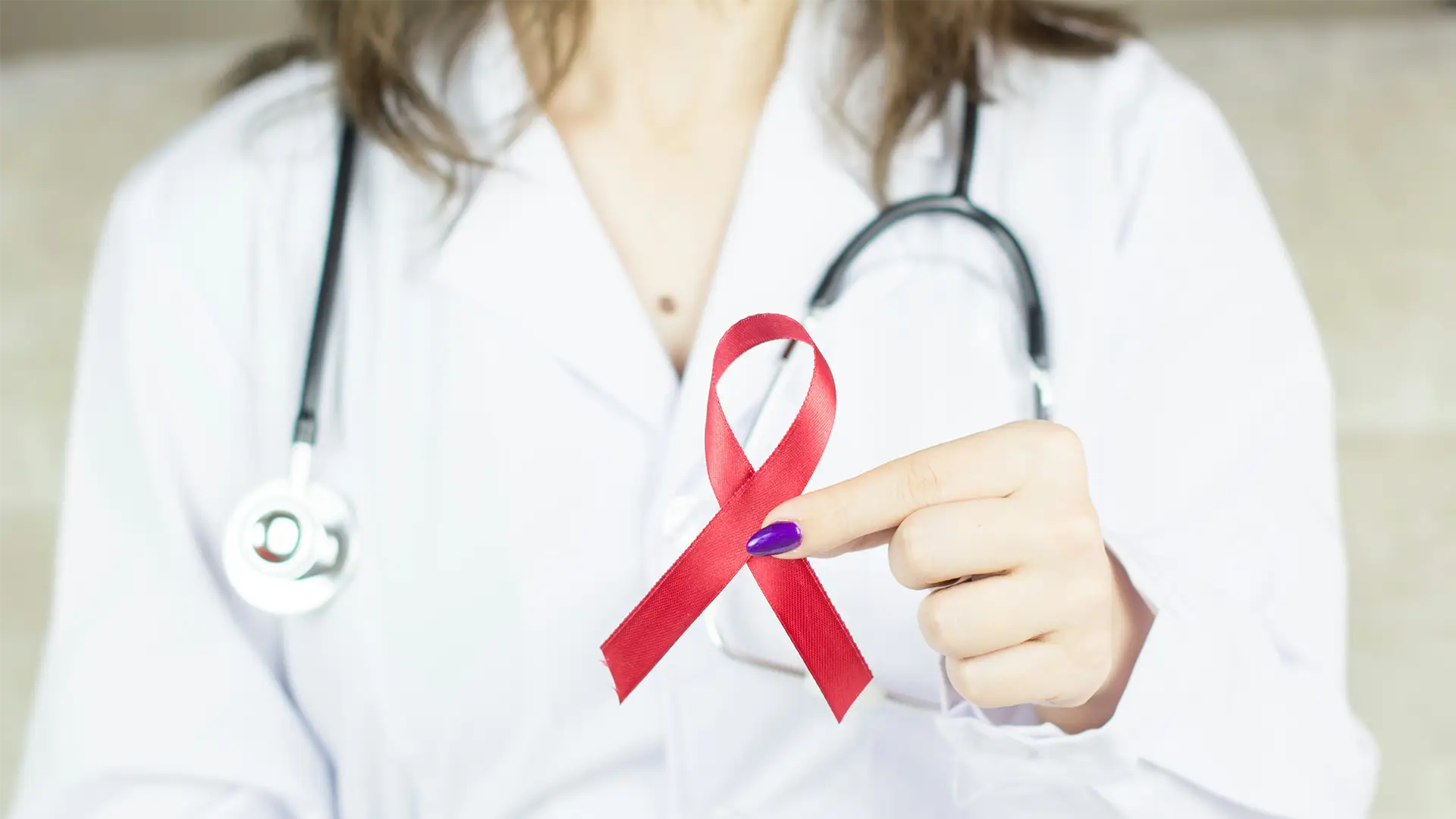AIDS/HIV and How it Revolutionized Sexual Behavior in the Eighties
The AIDS (Acquired Immunodeficiency Syndrome) epidemic, which emerged in the 1980s, had a profound impact on sexual behavior and public health attitudes.
AIDS prompted widespread awareness campaigns about the virus, its transmission, and preventive measures. Safe sex practices, such as the use of condoms, became central to public health messages.
Sex education programs expanded, emphasizing the importance of informed decision-making and responsible sexual behavior.
The fear of contracting HIV/AIDS through sexual contact led to a shift in attitudes toward casual and unprotected sex. Many individuals became more cautious about their sexual behavior, emphasizing monogamy or safer sex practices.

The use of condoms became more widely promoted and accepted as a barrier method to prevent the transmission of HIV. This marked a significant change in attitudes toward safe sex practices.
The fear of AIDS led to an increase in HIV testing. Individuals started to get tested to know their HIV status and to take appropriate measures to protect themselves and their partners.
The AIDS epidemic had a particularly significant impact on the LGBTQ+ community. It led to increased advocacy for safer sex practices, and organizations within the community played a crucial role in promoting awareness and education.
AIDS also brought attention to the stigma and discrimination associated with the virus. Efforts were made to challenge prejudices and misconceptions, promoting empathy, and understanding for those affected by HIV/AIDS.
The AIDS crisis prompted significant advancements in medical research, leading to a better understanding of the virus, improved treatment options, and the development of antiretroviral drugs. As of 2023, the vaccine for the prevention of HIV/AIDS is still an ongoing project until it is 100% safe and efficient to use.
Governments and health organizations implemented policies to address the spread of HIV/AIDS. This included measures such as needle exchange programs for intravenous drug users and the distribution of educational materials on safe sex practices.

In summary, the AIDS epidemic of the 1980s had a transformative effect on sexual behavior, leading to increased awareness, education, and changes in attitudes toward safe sex. It also prompted societal discussions about sexuality, health, and the need for compassion and support for those affected by HIV/AIDS.
Last Friday, December 1st, we celebrated the 35th WORLD AIDS DAY, especially to commemorate and remember all those who have died due to this illness. It is our duty to COMMIT into teaching AIDS/HIV awareness so this disease can never harm the way it did in the past decades.








































Leave a Reply